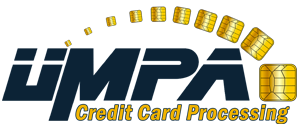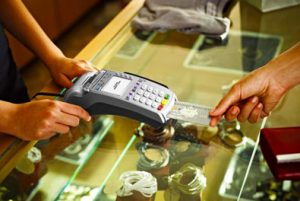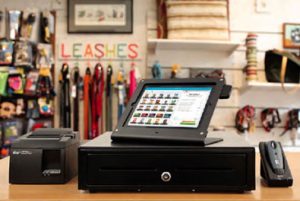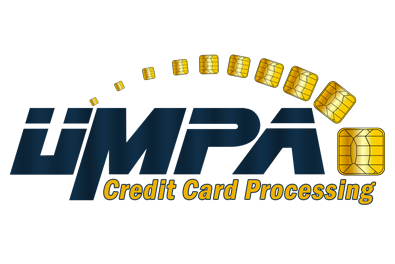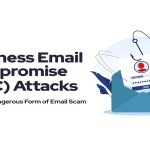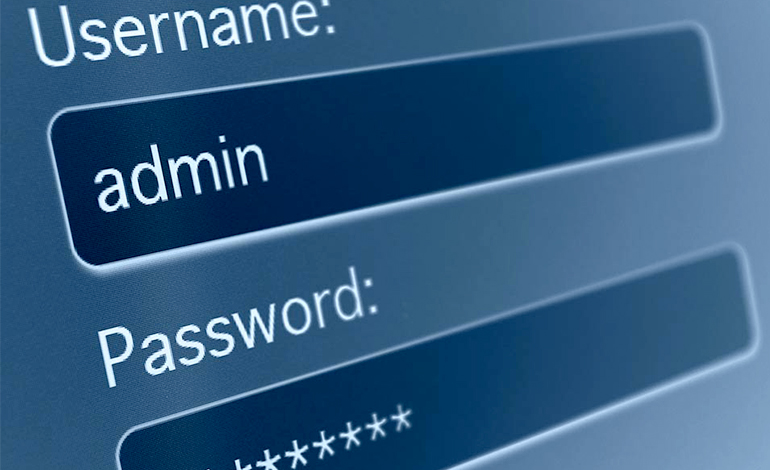Cybersecurity is a major concern for all businesses in 2022. As digital threats evolve and spread across the internet, you need to know how to protect your business, your personal information, and any other sensitive accounts you might control. Whether you’re a business owner or an average Joe, it’s good to have a grasp of strong password security principles.
But where can you start, and isn’t having a password enough? Let’s break down what you need to know about modern password security in 2022 and beyond.
Passwords Are the First Line of Defense
First and foremost, passwords are not the end-all for digital defenses. You cannot simply rely on passwords to protect:
- Sensitive bank or crypto platform accounts
- Your personal or business accounts
- Any other financial or sensitive information you may be in charge of
Instead, it’s best to imagine passwords as pieces – albeit important ones – of a complete cybersecurity fortress. Passwords are, in many ways, the first line of defense to protect yourself and your sensitive information from hackers, ransomware operators, and other cybercriminals.
With a strong password, you’ll make it much harder for cybercriminals to access sensitive accounts without breaching other forms of security, like antivirus software or firewalls. Those defenses, in turn, are much harder to breach in general.
Furthermore, passwords are a great first line of defense for corporate security. If sensitive company data can only be accessed by those with the right password, for example, it’s much harder for disgruntled employees or would-be data thieves to access that data on corporate premises.
Strong Passwords Are Ideal
Next, you must know how to create a strong password or passcode for your various accounts. Strong passwords/codes are essential because they are harder to guess and almost impossible to get through random number generators or “brute force” attempts.
Strong passwords form the backbone of cybersecurity efforts for small businesses, large corporations, and even individual accounts.
What Makes a Strong Password?
But what exactly is a strong password, and how can you create one?
In general, a strong password is a long password that utilizes a variety of characters not reused in any of your other passwords. More specifically, ensure that your password is:
- Composed of numbers, both uppercase and lowercase letters, and symbols. The different types of characters you have in your password, the harder it is to guess since there are more possibilities for any potential brute force cybercriminal.
- Not related to important dates in your life. For example, you should never use your wedding anniversary or birthday as a part of any password. This is doubly true since a lot of personal information like this can be found online by enterprising hackers.
- Not guessable, such as by including a word or phrase related to your industry, niche, or company. In general, an industry insider or expert should not be able to guess any part of your password.
It may pay dividends in the future to come up with strong passwords. That way, when you need to make a new account and list a password, you don’t generate a basic and easily guessable one because you are trying to finish the process.
Never Use the Same Password for Two Accounts
But having a strong password is just the start of good password security principles. You should also never use the same password for two accounts under your control, whether they are bank accounts, business accounts, or something else.
Why? If someone does manage to guess or discover a strong password and you use that password elsewhere, you’ve just handed over the digital keys to many different treasure troves of sensitive data. It’s best to have a unique password for every account you own.
Potential exceptions include minor accounts, like accounts for internet forums or clubs. Still, having a unique password for every profile is a good principle to follow.
Password Managers Are Useful
It can eventually become tiring trying to remember or write down all of those strong, complex passwords. Good news: modern technology means you don’t have to!
Instead, you can use password manager tools, which collect and supply passwords for different accounts. Many of the best password managers even allow you to plug in complex passwords to entry fields on websites or software without having to remember the password yourself.
Password managers are also great since they are more secure than writing down your complex passwords on a piece of paper, which can be lost or stolen. In contrast, password managers themselves require a password to enter. With the right password manager, you only need to remember one password at a time.
Passwords Aren’t Everything
Above all else, remember that passwords aren’t everything for all their benefits. You must also use additional security measures to ensure your accounts are safe from all digital threats. These security measures include:
- Installing antivirus and firewall software, especially if you run corporate accounts. Firewalls and antivirus software can prevent viruses or malware from getting into your accounts.
- Hosting security seminars and educational meetings for employees in your business. That way, they also know the importance of creating and maintaining strong passwords.
- Knowing how to recognize and avoid phishing emails, which are common break-in points for hackers and often lead to fraud and cybercrime.
Password security is important, but you can’t focus on it to the exclusion of all else. However, strong passwords combined with firewalls and antivirus software should be enough to protect your accounts from practically any digital threat.
Wrap Up
Password security will continue to evolve. Smart password practices must also change to keep up with modern cybersecurity threats. But by staying abreast of these threats and practicing strong password security strategies, you’ll keep your personal information, finances, and business accounts safe from hackers and other cybercriminals.
